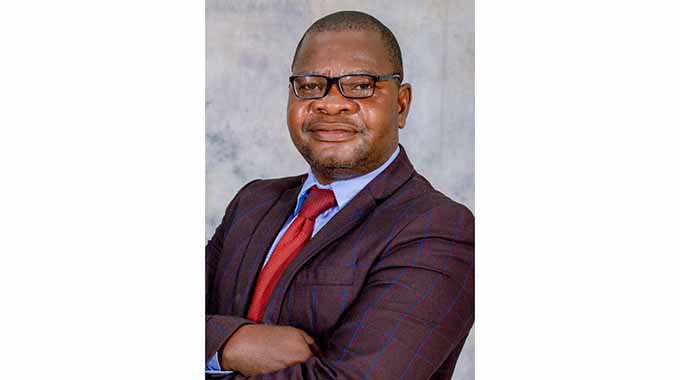Free issue of books at University

The Rhodesia Herald, January 13, 1972
THE Ranfurly Library Service, closed temporarily in May last year, reopened yesterday at the University of Rhodesia in Salisbury.
“This free service was founded in 1957 in London by Lady Ranfurly,” said the library’s organiser in Rhodesia Mrs Alison Mills.
“Thousands of spare books from all over England were collected by her and sent to the then Federation, primarily for the amusement and advancement of the territories’ African people.”
The service began in Southern Rhodesia in 1959. Last year, Mrs Mills visited Britain to arrange among other things, for the continuing supply of books, and the library closed during her absence.
Yesterday, hundreds of representatives of schools, libraries, hospitals and the Defence Forces queued for two hours to collect free batches of books required by their institutions from the thousands cramming the basement library.
Subjects ranged from children’s adventures to scientific textbooks.
The service will continue for three months and will operate from 10 am to midday each Wednesday and Saturday.
LESSONS FOR TODAY
- A school, college and/or university is as good as the books in its library. If it depends on donations, it will not go very far.
- Information Communication Technologies have made the production and availability of electronic books easy, but institutions must have the gadgets to access these e-books.
- The written word is one of the best means used for transmitting a nation’s culture, norms and traditions. When the British donated books to the colonies, they wanted their national consciousness to dominate that of locals.
- African nations have been independent from colonial rule for decades now, but not many books have come out of Africa into Africa and other continents, and this has made Africa depend on European and American thinking.
- This means that Africa could easily accept the transgender and non-binary issues now prevalent in the Western world, because they are propagated through cultural instruments like books.









Comments